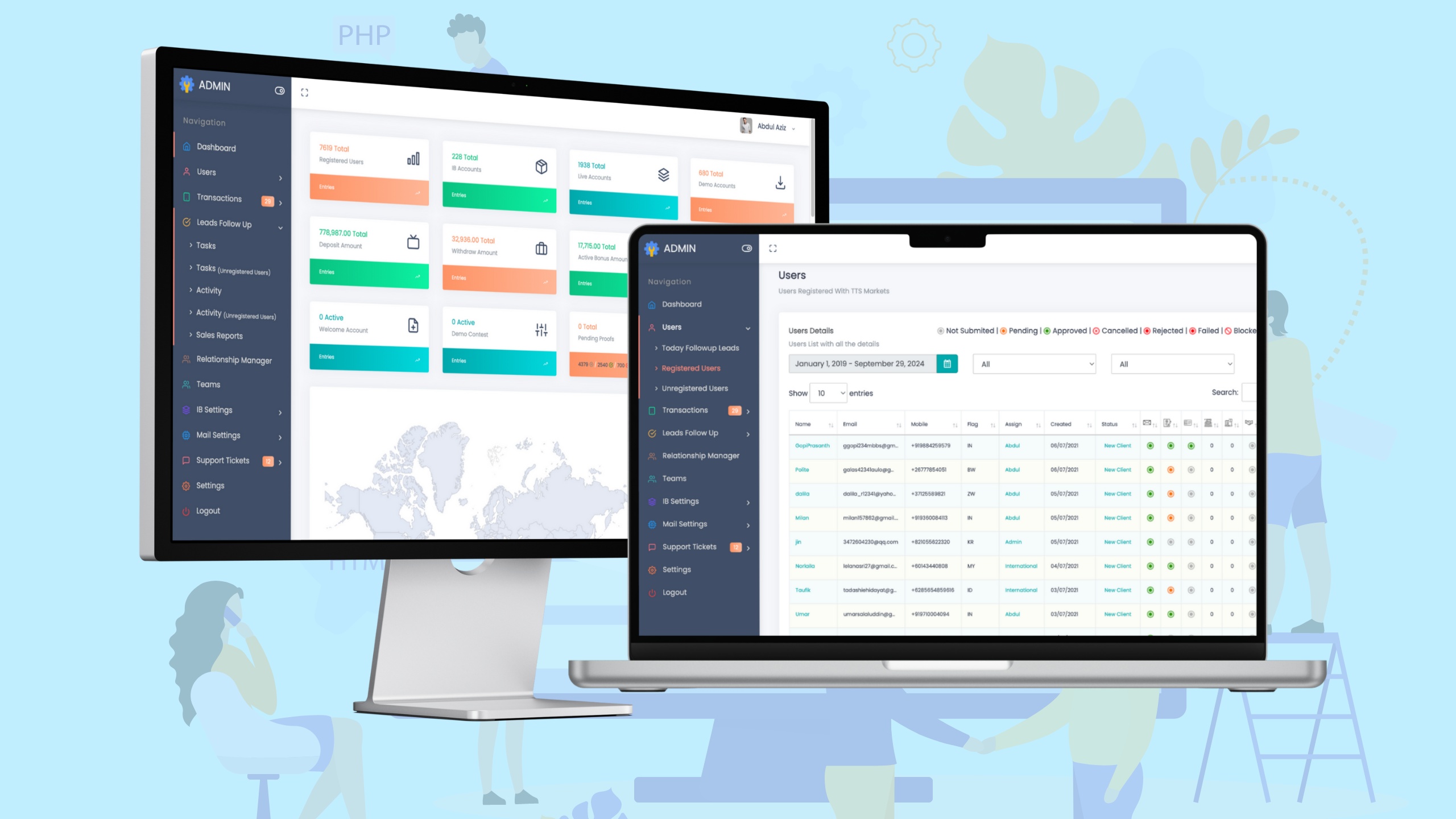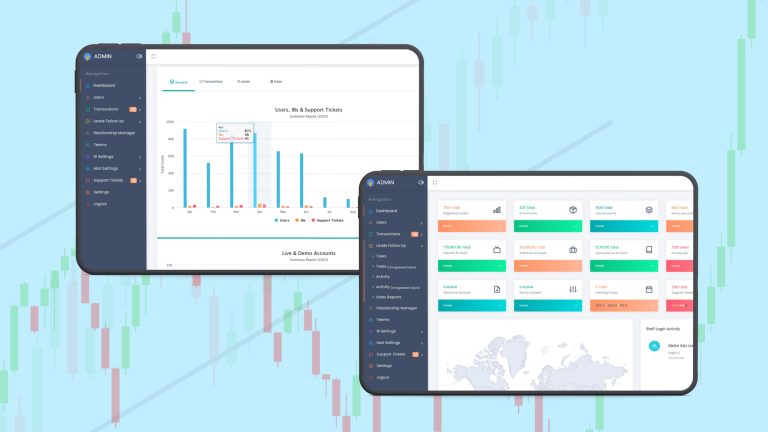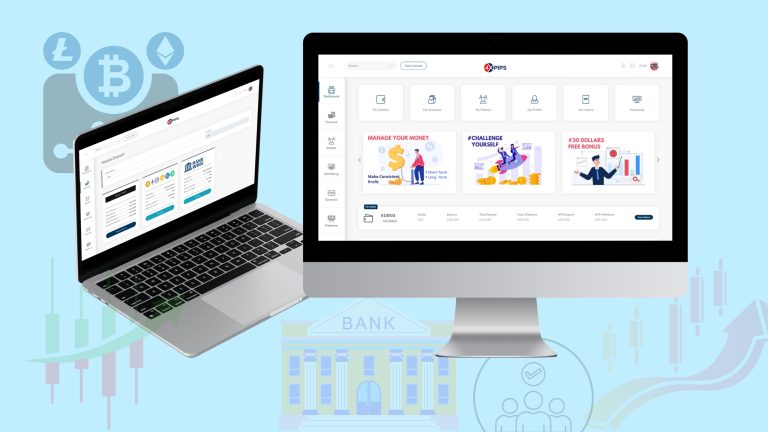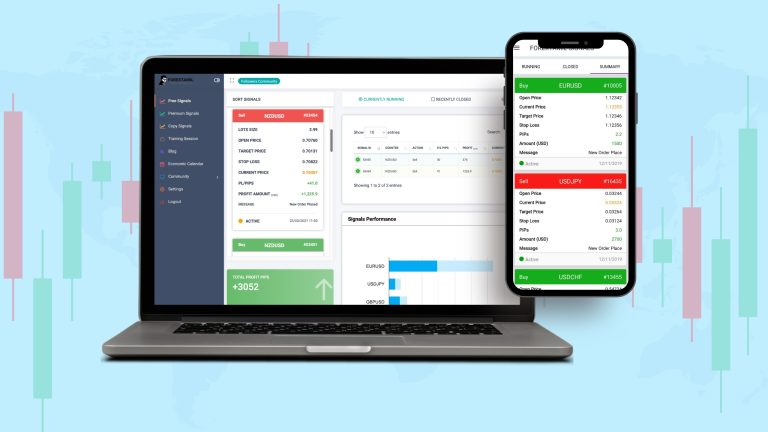CRM for Business
In today’s fast-paced business environment, maintaining strong relationships with customers is crucial for success. Enter Customer Relationship Management (CRM) systems—a powerful tool designed to help businesses manage their interactions with clients, streamline processes, and drive growth. Whether you’re a small startup or an established enterprise, understanding and implementing a CRM system can be a game-changer. In this blog post, we’ll explore the essentials of CRM for business, including its benefits, key features, and how to get started.
What is CRM?
Customer Relationship Management (CRM) refers to a strategy and technology that businesses use to manage and analyze customer interactions and data throughout the customer lifecycle. The goal of CRM is to improve customer service relationships, assist in customer retention, and drive sales growth. CRM systems collect and store information about customers, track their interactions with the company, and provide valuable insights to enhance business strategies.
Why CRM is Essential for Businesses
Implementing a CRM system offers numerous benefits that can significantly impact your business. Here’s why CRM is essential:
- Enhanced Customer RelationshipsCRM systems help businesses understand their customers better by providing a 360-degree view of customer interactions, preferences, and history. This enables businesses to offer personalized service, respond to customer inquiries more effectively, and build stronger, long-term relationships.
- Improved Sales PerformanceWith CRM, sales teams can track leads, manage opportunities, and follow up on prospects with greater efficiency. CRM tools often include features such as sales forecasting, pipeline management, and automated follow-ups, all of which contribute to improved sales performance and revenue growth.
- Streamlined ProcessesA CRM system automates various routine tasks such as data entry, scheduling, and email communication. This reduces the administrative burden on your team, allowing them to focus on higher-value activities. Streamlined processes also result in fewer errors and increased operational efficiency.
- Data-Driven InsightsCRM systems provide valuable data and analytics that help businesses make informed decisions. By analyzing customer behavior, sales trends, and campaign performance, you can identify opportunities for improvement, optimize strategies, and make data-driven decisions to drive growth.
- Enhanced CollaborationCRM systems facilitate better collaboration among team members by providing a centralized platform where all customer information is stored and accessible. This ensures that everyone in the organization is on the same page and can work together to provide a cohesive customer experience.
- Improved Customer RetentionBy leveraging CRM data, businesses can implement targeted marketing campaigns, identify at-risk customers, and proactively address their needs. This helps in retaining existing customers, increasing their lifetime value, and reducing churn rates.
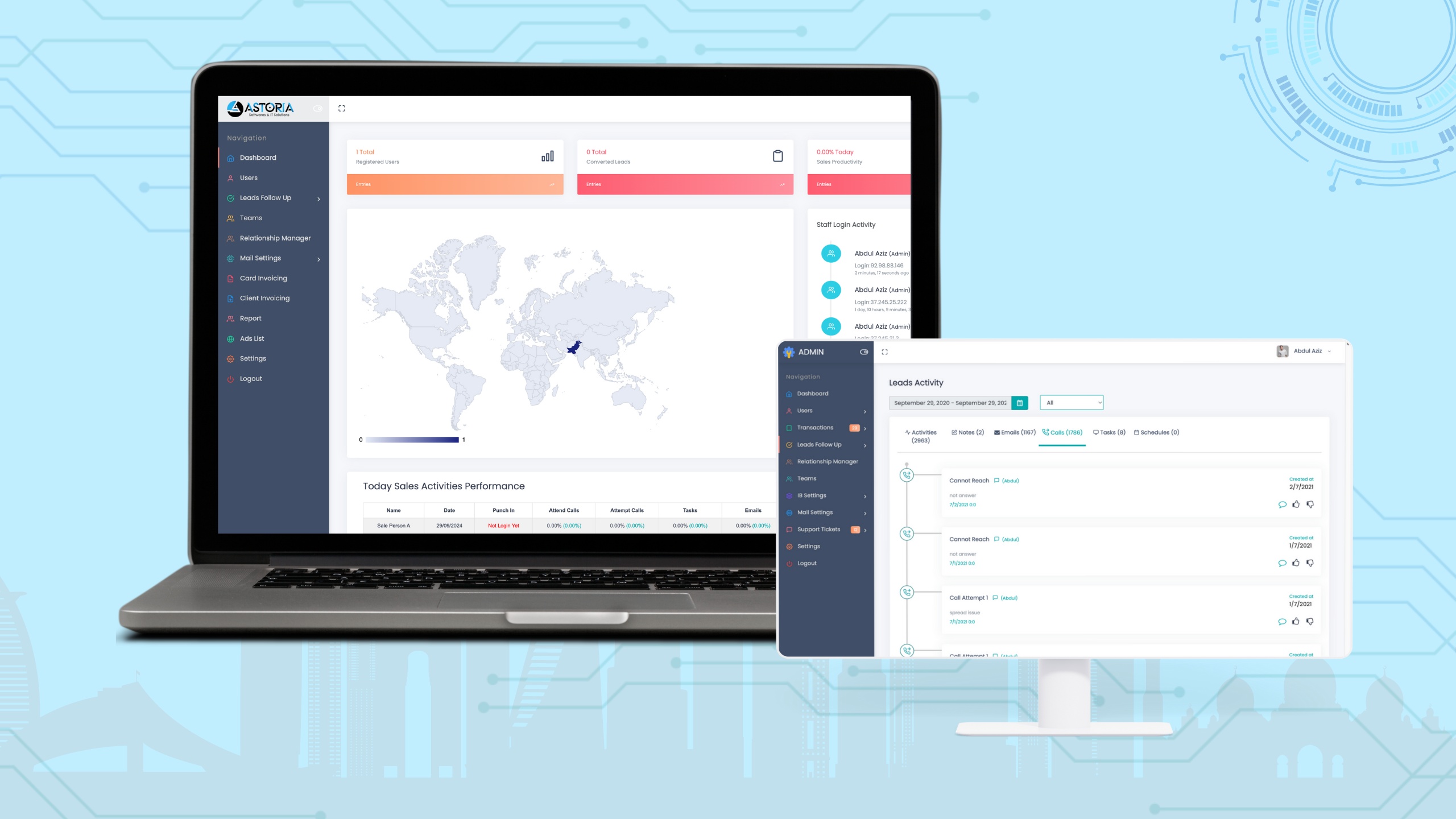
Key Features of CRM Systems
When choosing a CRM system for your business, consider these essential features:
- Contact Management: Centralized storage of customer information, including contact details, communication history, and transaction records.
- Lead and Opportunity Management: Tools to track and manage leads, opportunities, and sales pipelines, helping to convert prospects into customers.
- Sales Automation: Automated workflows, reminders, and follow-ups to streamline the sales process and improve efficiency.
- Marketing Automation: Features for creating and managing marketing campaigns, tracking performance, and nurturing leads through targeted communications.
- Customer Service and Support: Tools for managing customer service requests, tracking support tickets, and providing timely resolutions.
- Reporting and Analytics: Comprehensive reporting and analytics capabilities to track performance metrics, analyze trends, and generate actionable insights.
- Integration Capabilities: Ability to integrate with other systems and tools, such as email platforms, social media, and accounting software, for seamless data flow and enhanced functionality.
Getting Started with CRM
- Assess Your Needs: Identify the specific needs of your business and what you hope to achieve with a CRM system. Consider factors such as the size of your team, the complexity of your sales processes, and your customer service requirements.
- Research and Choose a CRM: Explore different CRM options available in the market. Compare features, pricing, and reviews to find a CRM system that aligns with your business goals and budget.
- Implement the CRM: Once you’ve chosen a CRM system, plan for its implementation. This includes configuring the system, migrating existing data, and training your team on how to use the CRM effectively.
- Monitor and Optimize: After implementation, continuously monitor the performance of the CRM system. Gather feedback from users, analyze the data, and make adjustments to optimize its use and maximize its benefits.
Conclusion
A CRM system is a vital tool for businesses looking to enhance customer relationships, streamline operations, and drive growth. By providing a centralized platform for managing customer interactions and data, CRM systems enable businesses to improve sales performance, boost customer satisfaction, and make informed decisions. If you’re ready to unlock the full potential of your business, investing in a CRM system is a strategic move that can set you on the path to long-term success.

